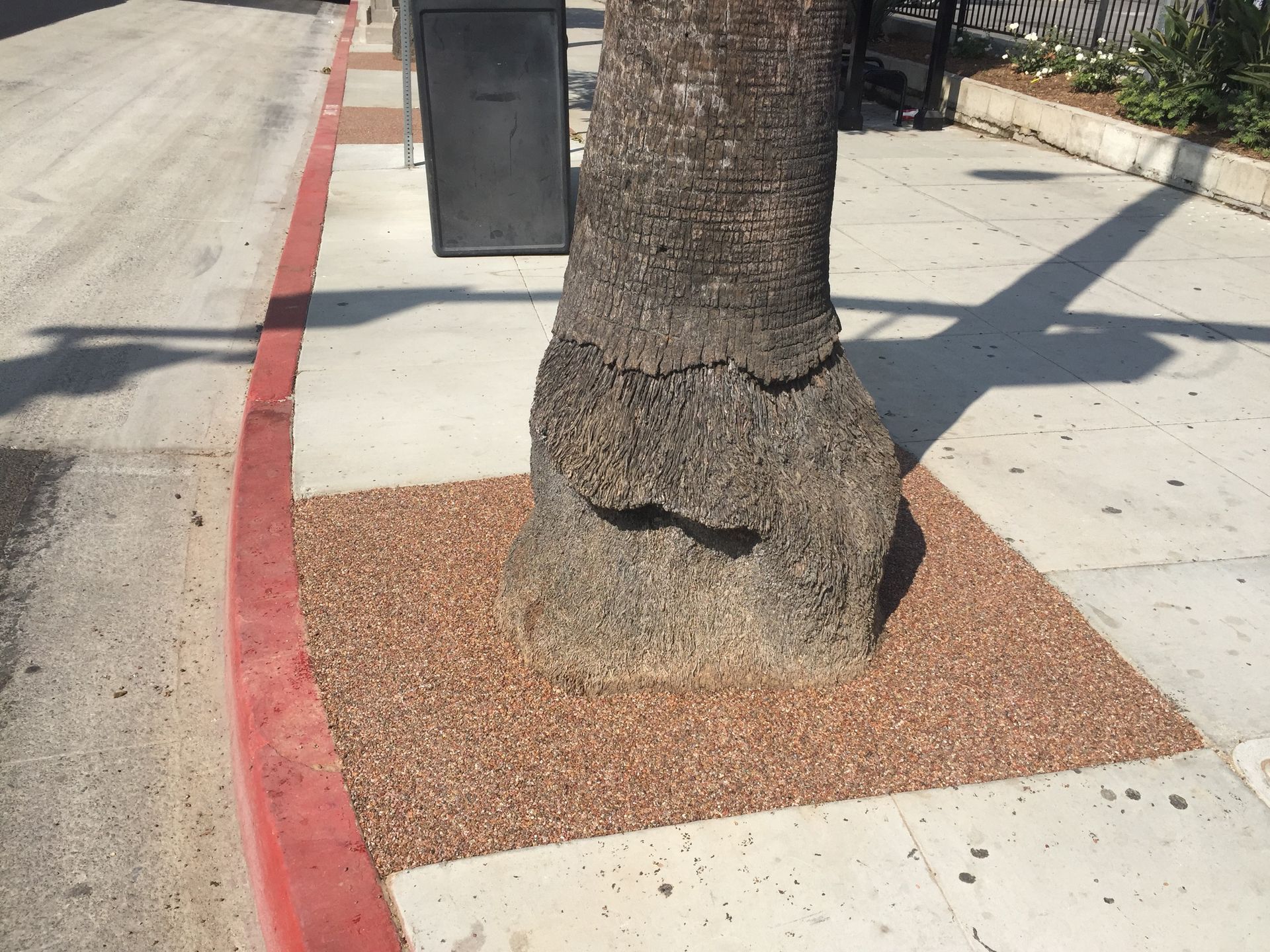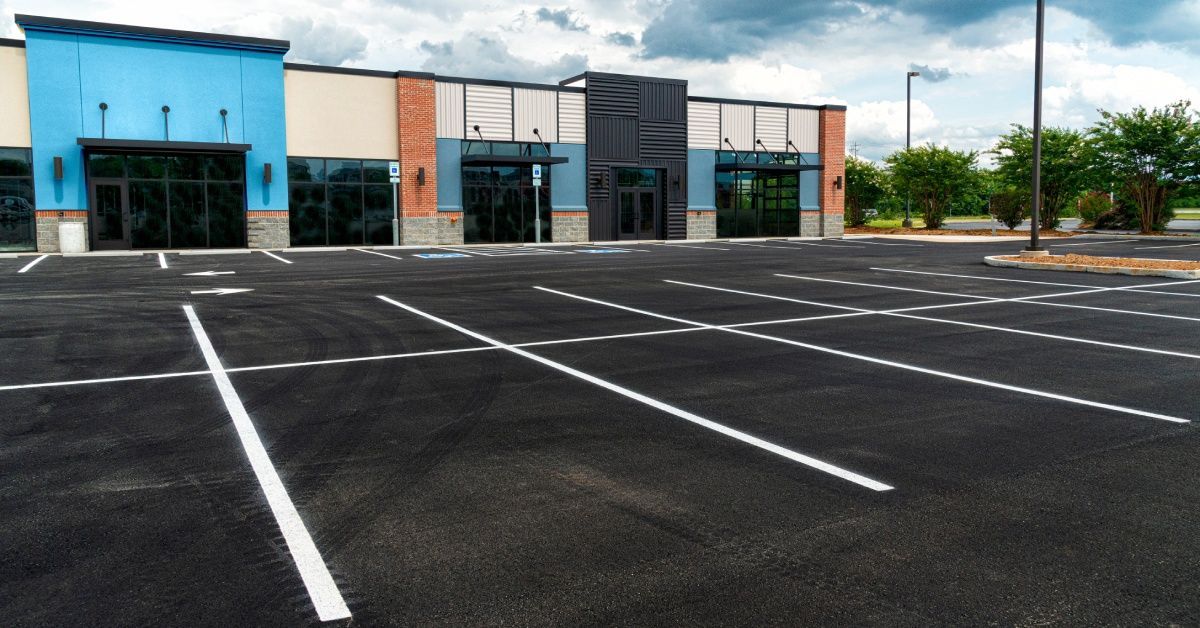Different Uses for Permeable Pavement in Public Works
Permeable paving materials are among the great solutions cities, towns, and other municipalities have been using to improve their infrastructure. Permeable paving materials have made life more convenient for us and healthier for the environment by providing an easier and cleaner solution for water to drain back into the soil. How exactly are these materials applied? Here are the different uses for permeable pavement in public works.
Roads and Walkways
Porous asphalt and similar permeable materials look and function like normal concrete but leave little voids in the material so that water can move through and enter the soil. As roads are the veins of all societies, nothing is more obstructive than a flooded street after heavy rainfall or melted snow. Rather than directing all the water to a single drainage point, permeable roads and walkways allow water to pass through. The current drainage system in most cities enables stormwater to pick up chemicals and pollutants as it makes its way across the pavement to a drain. Fortunately, porous pavement reduces pollution in the local environment.
Protecting Plants and Greenery
Other uses for permeable pavement in public works are to protect the green elements of a city—be it trees planted along sidewalks or fanciful gardens to bring a bit of natural beauty to the concrete jungle. Materials like permeable gravel protect the underlying soil and roots while allowing plants to access water and nutrients. Contrast this with tree pit grates that rust over time and can be more troublesome than anything.
Recyclability and Sustainability
As society becomes more conscious of our impact on the environment, it may be comforting to know permeable pavement applications are sustainable and recyclable. If permeable pavement should ever crack and break down to the point of needing replacement, installers will recycle the old pavement into fresh aggregate and give it a new purpose.











